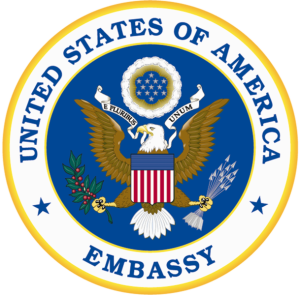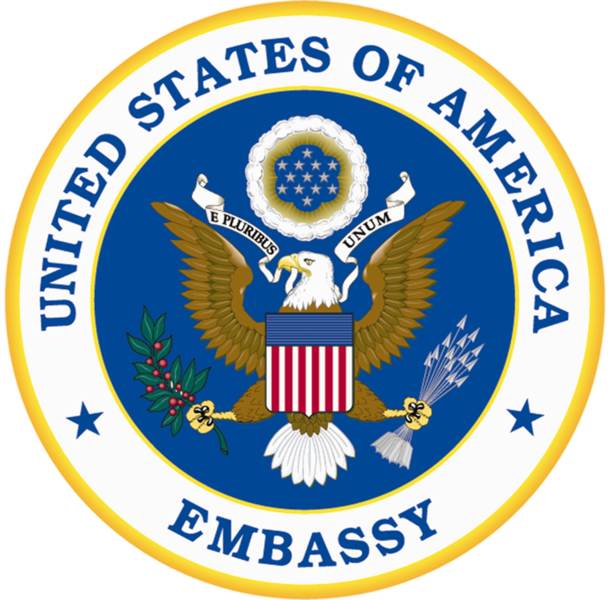 Morocco, major US ally in North Africa, has weathered the chaos of the Arab Spring by further advancing its own reforms and making significant progress on human rights, says a group of former U.S. ambassadors who served in the North African nation for years under Republican and Democratic administrations.
Morocco, major US ally in North Africa, has weathered the chaos of the Arab Spring by further advancing its own reforms and making significant progress on human rights, says a group of former U.S. ambassadors who served in the North African nation for years under Republican and Democratic administrations.
In a letter sent to US president Barack Obama shortly before his scheduled meeting at the White House with the King of Morocco, the first summit between the two leaders, the U.S. diplomats, who have served over the past 32 years under five US presidents, urge president Barack to support King Mohammed VI’s genuine reformist agenda in a troubled region challenged by extremists and the fallout of the Arab Spring.
The authors of the letter are Samuel Kaplan, Margaret Tutwiler, Edward Gabriel, Marc Ginsburg, Frederick Vreeland, Michael Ussery, Thomas Nassif and Joseph Verner Reed, Jr.
They also express hope that the meeting between Obama and the King of Morocco set for November 22nd will help “strengthen” US strategic partnership with a “country that genuinely shares U.S. values and vision” for the MENA region.
For too long, Morocco has often been overlooked by US policy makers who missed opportunities to help this North African Nation lay out solutions for the region, the former U.S. ambassadors say, urging president Obama “to seize the opportunity” of his meeting with King Mohammed VI to enhance further U.S.-Moroccan strategic partnership.
This will certainly send a powerful message to the world, saying that America stands by its moderate and reformist allies and friends, especially in these times of tumult and instability in the Middle East, North Africa, and the Sahel.
“Morocco has been steadfast in its alliance with the US, and now is the time to support this country’s efforts to achieve our shared goals for the region”, say the U.S. diplomats in their letter to Obama.
Despite the instability rocking and sweeping onto the region, “King Mohammed VI has demonstrated a continuing commitment to guiding the country in the meaningful growth of democratic practice and the rule of law”, stress the former American ambassadors.
They also hail Morocco’s unwavering resolve to carry on its reformist path which “needs US political and resource assistance” to help “stabilizing the threatening situations in North Africa”.
For the US diplomats, the American help should begin with Washington’s support to “Morocco’s common sense and legitimate effort to resolve the problem in Western Sahara by granting the territory broad autonomy under Moroccan sovereignty”.
They say that it is time for the U.S. to make it clear in the UN Security Council and elsewhere that the autonomy plan is “the only realistic way to resolve” the Western Sahara issue so that the international community can move on to more urgently needed solutions to the more pressing problems in the region.
The former ambassadors also urge president Obama to assist Morocco with the implementation of its ambitious regionalization plan, which devolves substantial political power to democratically elected local officials and implements programs that will make it a model for others in the region.
Former U.S. Ambassadors Urge Obama to Rev Up Morocco Reforms
